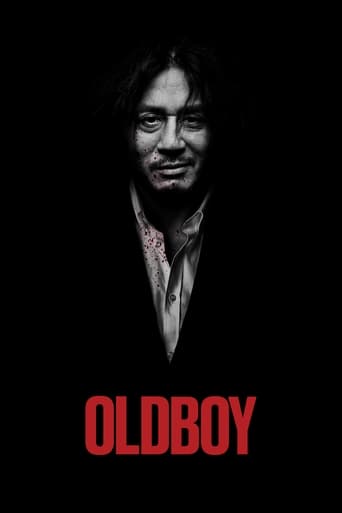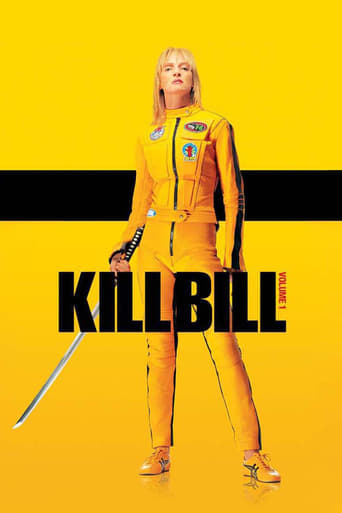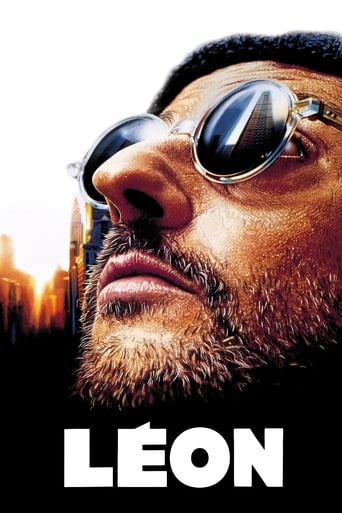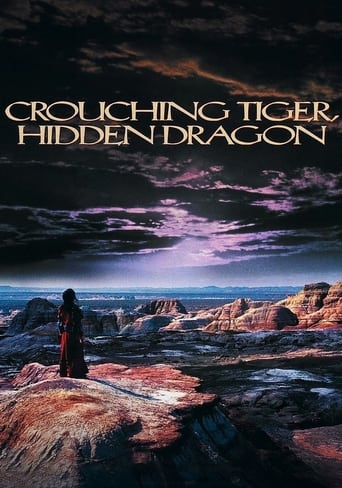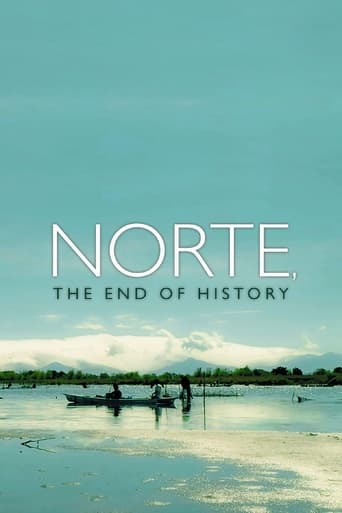
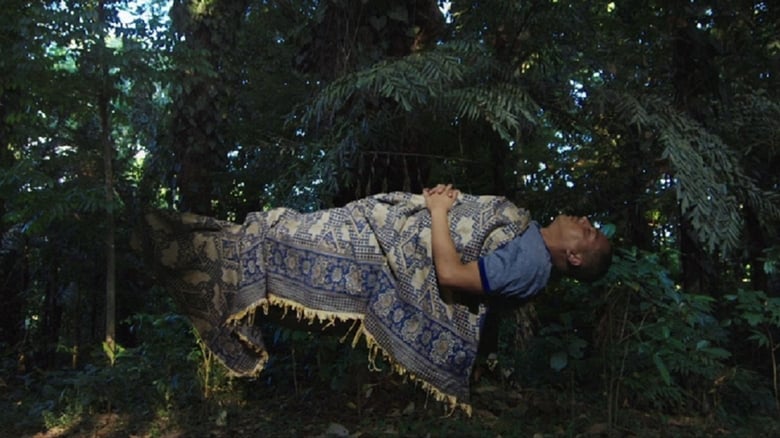
Norte, The End of History (2013)
A man is wrongly jailed for murder while the real killer roams free. The murderer is an intellectual frustrated with his country’s never-ending cycle of betrayal and apathy. The convict is a simple man who finds life in prison more tolerable, when something mysterious and strange starts happening to him.
Watch Trailer
Cast
Similar titles
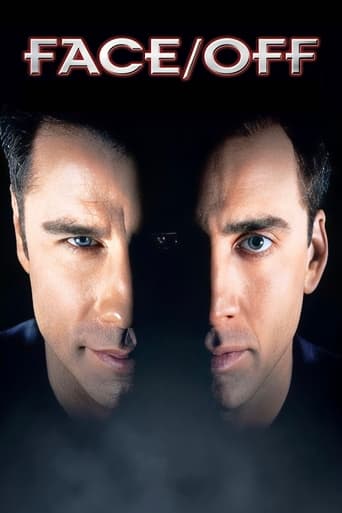

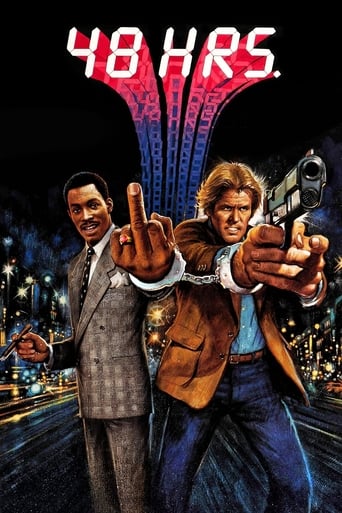
Reviews
Redundant and unnecessary.
Excellent adaptation.
This is a must-see and one of the best documentaries - and films - of this year.
The plot isn't so bad, but the pace of storytelling is too slow which makes people bored. Certain moments are so obvious and unnecessary for the main plot. I would've fast-forwarded those moments if it was an online streaming. The ending looks like implying a sequel, not sure if this movie will get one
Lav Diaz's 'Norte, The End of History' is set in the northwest region of the Philippines. This drama is split between the lives of two men, Fabian (Sid Lucerio) and Joaquin (Archie Alemania), whose lives intertwine unexpectedly.Fabian is a smug, self-absorbed man of privilege in his early thirties, a once gifted law student who dropped out for reasons unknown. He spends his time annoying his friends with his ill-conceived lectures on the defining theories of humanity. Joaquin is a poor man, who has a wife Eliza (Angeli Bayani) and two children. A serious leg injury wipes out their hard-earned savings.Loosely based on Dostoyevsky's 'Crime and Punishment', these two men have one thing in common, both are in serious arrears to local money lender Magda (Mae Paner). Both men take matters into their own hands, with differing consequences. Fabian flees, Joaquin is sent to prison. Over the next four years, Joaquin tries to make the best of a horrible situation, whilst Eliza struggles to provide for her children. Fabian is consumed by guilt, driven to the point of madness.Diaz looks at how the people of the Philippines have coped with their changing economical circumstances, people who have grown up in a dysfunctional country where they are encouraged to work outside of the country to make more money. Fabian rages against the memory of his parents being absent, and of being brought up by his maid. Joaquin and Eliza wanted to avoid this, they didn't want their children to be without their parents, however poor this would make them. Its a balancing act we all face, we gain one at the expense of another. Which is more important?Diaz is renowned for extremely long films, some for over 6 hours, 'Norte, The End of History' is only 250 minutes long! He favours long takes and slow tracking shots, illustrating the slow and monotonous rhythms of life. Its beautifully filmed, interspersed with some superb drama from an excellent cast are huge swathes of emptiness, especially in the second and third hour. The final hour is cruel and deeply disturbing, but the overall impact of these tragic moments of devastation are weakened by the preceding stretches of nothing.'Norte, The End of History' is an ambitious film, by a fascinating director. Its a shame your patience wasn't tested to such extremes, as such this film is only for the most dedicated viewer. Sometimes, a film is just too long for its own good.
To watch this movie, you have to be prepared to give your time and decide to sink into the life of Fabian (Sid Lucero). The slow turn of the movie with Ilocos as backdrop is certainly a treat for the moviegoer who is prepared to immerse in the arguments and debates of Fabian with his friends. Towards the end, we begin to understand the psyche behind Fabian's mind when we meet her sister. His relationship with family was never really a nurturing one and this takes a toll not only to Fabian but also to the man's family who got blamed for his crime. Sid is great here! Perhaps anybody else would not be as great in the role. My only regret with this movie is how unlucky (malas) Joaquin's family is! Joaquin is the man who got blamed from Fabian's crime. I mean, they really had it bad until the end. I didn't get bored at all with this movie. My advise is: set aside time to see it
Anyone who has sat through the epic four hour plus "Norte, The End of History," deserves a medal. "Norte" is the product of Lav Diaz, the Filipino auteur who has already completed seven films that are even LONGER than this one! When he wishes to introduce each new scene, Diaz has a penchant for holding establishing shots for a minute or two, which can be infuriating. Be forewarned: there is some interesting material here but one has to be extremely patient to appreciate any of it!Diaz's "Norte" is set in the Phillipines and revolves around three interconnected characters. The prime mover (and perhaps most interesting of the three) is the antagonist, Fabian, a law school dropout who seeks to punish anyone who transgresses his personal moral code. Fabian's idea is to eliminate the "bad elements" in Filipino society. While his friends agree that society must change, Fabian, the bitter psychopath and reactionary, berates all those who believe in "all talk and no action." In contrast, husband and wife Eliza and Joaquin, come from a poor background and are dependent on a local moneylender, Magda, for their sustenance. When Eliza pawns a precious family ring, Joaquin tries to convince Magda to sell it back to him. When he can't pay her price, Joaquin impulsively chokes Magda and runs off after a housekeeper witnesses the event. Later, Fabian is passing by on the street and sees Magda turn Eliza away at her door, after requesting another loan. Magda's rough treatment of Eliza is enough justification for Fabian to later enter Magda's home and kill the moneylender along with her innocent teenage daughter.Joaquin is later implicated in Magda's murder (due to the circumstantial evidence against him) and is forced to accept a plea bargain of life in prison. Eliza is forced to sell vegetables on the street for a living, in order to take care of her children, who are in the care of a family friend. Meanwhile, Joaquin must adjust to prison life and survives a brutal attack by a predatory inmate. Later that inmate falls sick and Joaquin, in true Christian fashion, ministers to him, in a great act of forgiveness.Echoing Dostoyevsky's "Crime and Punishment," Fabian is haunted by the memory of committing the two murders and eventually digs up money he had stolen and later buried from Magda's house and gives it to Eliza. Fabian, however, remains deeply troubled and on a visit to his sister, who owns a large farm, ends up raping her.Now with a little money, Eliza is finally able to visit her beloved Joaquin. On the way back, she tragically dies in a plane crash. We see Joaquin (apparently now deceased) levitating, as if he's moving closer to God, attaining some kind of sainthood. Can we assume that Joaquin killed himself or died from grief, following the death of Eliza in the plane crash? Possibly but it's not entirely clear.The randomness of the death of two good people, Eliza and Joaquin, is contrasted with Fabian, an evildoer, who very much continues to live. Perhaps Diaz is saying sometimes there is no justice in this world and perhaps no God. Diaz hints that perhaps there is still hope as one of the concluding shots focuses on the innocent children of Eliza and Joaquin, who survive, along with the farm animals, who also represent innocence.Neil Young writing in the "Hollywood Reporter," finds Diaz's characters lacking in complexity: "Fabian's transition from preening bohemian chatterbox to bestial psychotic is seldom convincing, but at least his character gets to change a little over the course of the years. Joaquin and Eliza are little more than plaster saints from beginning to end in a film which simplistically equates poverty with spiritual purity and fortitude."Peter Sobcynski of "RogerEbert.com," notes that there "are moments of staggering beauty and power on display here," but also notes there are numerous scenes which are quite lugubrious or gratuitous: "The trouble is that there are also extended sequences in which so little happens that the effect is more tedious than hypnotic This is mostly due to a screenplay that grows less and less psychologically sound the further it drifts from its inspiration—there is a long sequence when Eliza contemplates killing herself and her children that feels like a cheap shot and some of the cruelties on display in the final hour feel like attempts to jolt viewers that may have inevitably drifted off during the slower parts. For these moments to fully work, a filmmaker has to have earned them, and there are times in which Diaz hasn't completely done that."A.O. Scott, writing in the "New York Times,"holds that "Norte's" value is connected to Diaz's social critique: "Mr. Diaz, patiently surveying the social and physical landscape with his beautiful, asymmetrical wide-screen compositions, makes inequality seem like an aspect of the local climate. The cruelty of laws and economic arrangements is obvious and intolerable, and yet there is no real sense that anything can be done.""Norte, The End of History," does indeed highlight the tragedy of poverty and its attendant sense of class inequalities. Again, if you're patient enough to ignore some of the more tedious moments in the film, you'll be rewarded by scenes of what A.O. Scott terms, the film's "inexhaustible humanism."
A very impressive achievement by director Lav Diaz and his co-screenwriter Rody Vera. In "Norte,The End Of History" they take 250 riveting minutes to tell an epic story about the journeys of two men who choose radically different ways of coping with a morally indifferent universe. Archie Alemania's Joaquin is a poor family man struggling to feed his wife and 2 kids after a disabling injury leaves him burdened with debt and Sid Lucero's Fabian is an angry law student who feels no need to be governed by a political establishment he sees as beyond redemption. Lucero is brilliant as the affable, chameleon-like student who enjoys debating abstruse political issues within his circle of friends while also possessing a darker side. Alemania is compelling as the polar opposite of Lucero: faithful and uncomplicated. Angeli Bayani is excellent in her role as Alemania's wife. A woman of few words her expressions speak powerfully of the unintended victims of injustice. Also noteworthy is the performance of Soliman Cruz as a sadistic inmate. Cinematographer Lauro Rene Manda eschews close-ups relying heavily on long shots which emphasize how little natural or man-made environments share the concerns of the characters. This is a great piece of cinema, one of the best films I've seen in some time. It may take some doing to find it but for any serious cinephile it's well worth the effort. 10/10




